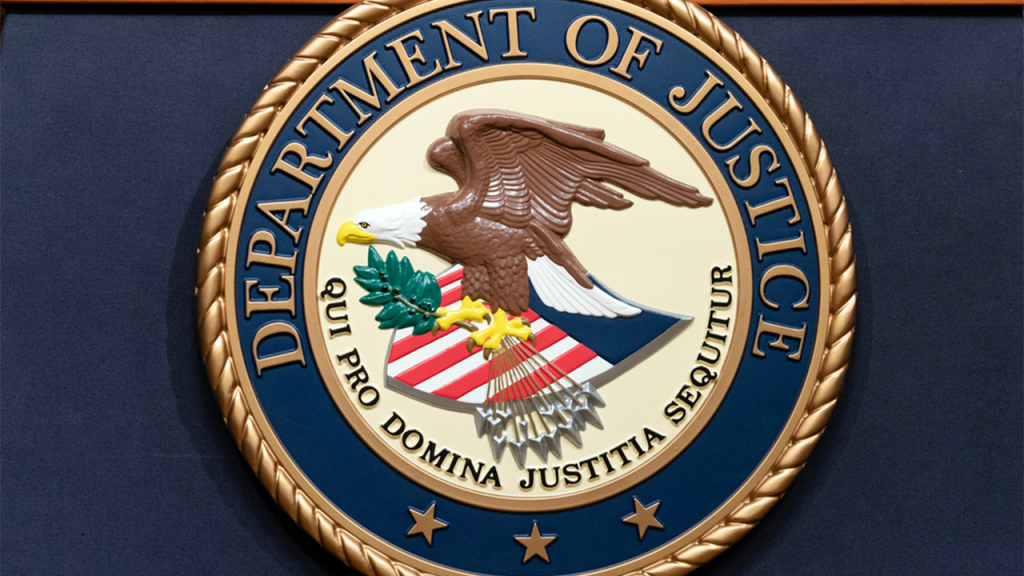Federal prosecutors have charged two European men, Thomasz Szabo of Romania and Nemanja Radovanovic of Serbia, with “swatting” dozens of members of Congress and other U.S. elected officials, including a former president and president-elect. The indictment alleges that the two defendants targeted roughly 100 people with “swatting” calls in order to provoke an aggressive response by police officers at the victims’ homes. While the former president and other lawmakers are not named in the indictment, one victim is described as a “former elected official from the executive branch” who was swatted on Jan. 9, 2024.
The court records did not specify if Szabo or Radovanovic have been arrested or have legal representation. However, a court filing stated that investigators believed they were in separate foreign countries as of last week. Szabo admitted to authorities in Romania that he had been involved in swatting and bomb threats since late 2020. Meanwhile, Radovanovic, who was questioned in Serbia in February, claimed to have been following a script provided by a juvenile who supplied him with victims’ addresses for the swatting calls.
Szabo and Radovanovic face charges of conspiracy and more than two dozen counts of making threats. The alleged plot is said to have lasted over three years, from December 2020 to January 2024. The indictment states that Szabo organized and moderated chat groups to coordinate swatting attacks against 40 private citizens and 61 officials, including high-level members of the executive branch of the federal government, a federal judge, and current and former governors. In January 2021, Szabo reportedly threatened to detonate explosives at the U.S. Capitol and kill President-elect Biden.
U.S. Attorney Matthew Graves emphasized that swatting is not a harmless prank, as it puts real people at risk, wastes police resources, and causes emotional distress. The FBI observed a spike in swatting calls in late 2023 and early 2024, with some targets connected to court cases involving former President Trump. For instance, a fake emergency call reported a shooting at the home of U.S. District Judge Tanya Chutkan, who is overseeing Trump’s election subversion case in Washington. Another false emergency call targeted Justice Department special counsel Jack Smith on Christmas Day 2023.
While the court records did not provide details about the arrests or legal representation of Szabo and Radovanovic, the federal indictment stated that the two European men were responsible for “swatting” calls that targeted numerous public officials, family members of public officials, and other prominent individuals. The alleged plot spanned multiple years and involved coordinating attacks through chat groups. Szabo and Radovanovic now face charges of conspiracy and making threats in connection to the swatting scheme. Additionally, there was an incident where Szabo made threats against the U.S. Capitol and the president-elect, adding to the severity of the charges against them.
The indictment also highlighted the dangerous consequences of swatting, noting that it is not a harmless prank but rather a serious offense that endangers individuals, wastes police resources, and causes emotional trauma to the victims. The surge in swatting calls observed by the FBI in late 2023 and early 2024, along with the specific targeting of individuals involved in court cases related to former President Trump, further underscored the severity of the issue. By charging Szabo and Radovanovic with conspiracy and making threats, federal prosecutors are sending a strong message about the serious legal consequences of engaging in swatting activities and the potential harm it can cause to targeted individuals and law enforcement agencies.


